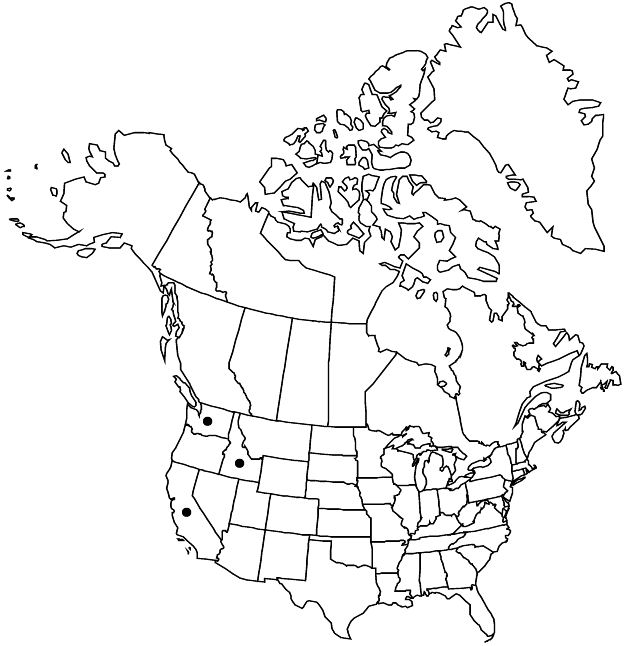Difference between revisions of "Prunus dulcis"
Feddes Repert. 74: 24. 1967.
FNA>Volume Importer |
imported>Volume Importer |
||
| (3 intermediate revisions by 2 users not shown) | |||
| Line 15: | Line 15: | ||
|name=Amygdalus dulcis | |name=Amygdalus dulcis | ||
|authority=Miller | |authority=Miller | ||
| + | |rank=species | ||
|publication_title=Gard. Dict. ed. | |publication_title=Gard. Dict. ed. | ||
|publication_place=8, Amygdalus no. 2. 1768 | |publication_place=8, Amygdalus no. 2. 1768 | ||
| Line 21: | Line 22: | ||
|name=A. communis | |name=A. communis | ||
|authority=Linnaeus | |authority=Linnaeus | ||
| + | |rank=species | ||
}} {{Treatment/ID/Synonym | }} {{Treatment/ID/Synonym | ||
|name=Prunus amygdalus | |name=Prunus amygdalus | ||
|authority=Batsch | |authority=Batsch | ||
| + | |rank=species | ||
}} | }} | ||
|hierarchy=Rosaceae;Rosaceae subfam. Amygdaloideae;Rosaceae tribe Amygdaleae;Prunus;Prunus dulcis | |hierarchy=Rosaceae;Rosaceae subfam. Amygdaloideae;Rosaceae tribe Amygdaleae;Prunus;Prunus dulcis | ||
| Line 39: | Line 42: | ||
|elevation=20–500 m | |elevation=20–500 m | ||
|distribution=Calif.;Idaho;Wash.;w Asia;n Africa. | |distribution=Calif.;Idaho;Wash.;w Asia;n Africa. | ||
| + | |introduced=true | ||
|discussion=<p>The United States now dominates world almond production with over 40% of the annual crop, all of it grown in or near the Central Valley of California. The in-shell “nuts” sold in stores are the pits of drupes with the leathery mesocarp removed. Almond is among the earliest blossoming trees and one of the first signs of spring in areas where it is grown.</p> | |discussion=<p>The United States now dominates world almond production with over 40% of the annual crop, all of it grown in or near the Central Valley of California. The in-shell “nuts” sold in stores are the pits of drupes with the leathery mesocarp removed. Almond is among the earliest blossoming trees and one of the first signs of spring in areas where it is grown.</p> | ||
|tables= | |tables= | ||
| Line 48: | Line 52: | ||
-->{{#Taxon: | -->{{#Taxon: | ||
name=Prunus dulcis | name=Prunus dulcis | ||
| − | |||
|authority=(Miller) D. A. Webb | |authority=(Miller) D. A. Webb | ||
|rank=species | |rank=species | ||
| Line 64: | Line 67: | ||
|publication year=1967 | |publication year=1967 | ||
|special status=Introduced | |special status=Introduced | ||
| − | |source xml=https:// | + | |source xml=https://bitbucket.org/aafc-mbb/fna-data-curation/src/2e0870ddd59836b60bcf96646a41e87ea5a5943a/coarse_grained_fna_xml/V9/V9_612.xml |
|subfamily=Rosaceae subfam. Amygdaloideae | |subfamily=Rosaceae subfam. Amygdaloideae | ||
|tribe=Rosaceae tribe Amygdaleae | |tribe=Rosaceae tribe Amygdaleae | ||
Latest revision as of 22:58, 5 November 2020
Trees, not suckering, 50–80 dm, not thorny. Twigs with terminal end buds, glabrous. Leaves deciduous; petiole (8–)10–25 mm, usually winged distally, glabrous, usually glandular distally or on margins at bases of blades; blade oblong to lanceolate, 2.5–10 × 1–3 cm, base obtuse, margins crenulate-serrulate to crenate-serrate, teeth blunt, glandular, apex acuminate, surfaces glabrous. Inflorescences solitary flowers or 2-flowered fascicles. Pedicels 1–5 mm, glabrous. Flowers blooming before leaf emergence; hypanthium cupulate, 4–7 mm, glabrous externally; sepals erect-spreading to spreading, oblong-ovate, 4–8 mm, margins entire, tomentose, surfaces glabrous; petals pink to nearly white, obovate, elliptic, or suborbiculate, 12–25 mm; ovaries hairy. Drupes gray-green, ovoid-oblong, compressed, 25–40 mm, velutinous; mesocarps leathery (splitting); stones ellipsoid, strongly flattened, pitted. 2n = 16.
Phenology: Flowering Feb–Mar; fruiting Jul–Sep.
Habitat: Roadsides, canyons, grasslands
Elevation: 20–500 m
Distribution

Introduced; Calif., Idaho, Wash., w Asia, n Africa.
Discussion
The United States now dominates world almond production with over 40% of the annual crop, all of it grown in or near the Central Valley of California. The in-shell “nuts” sold in stores are the pits of drupes with the leathery mesocarp removed. Almond is among the earliest blossoming trees and one of the first signs of spring in areas where it is grown.
Selected References
None.